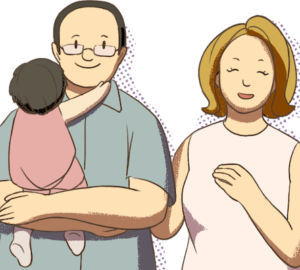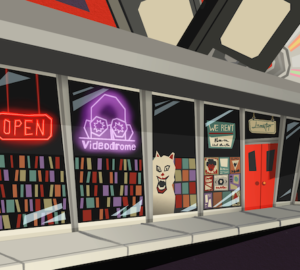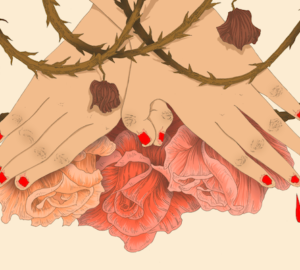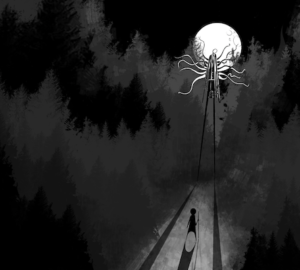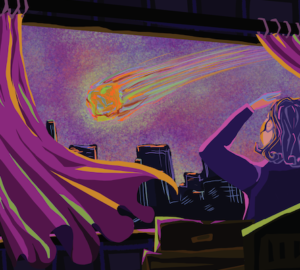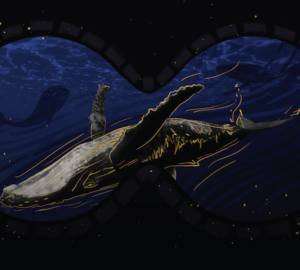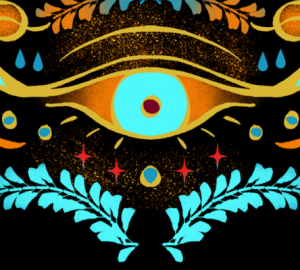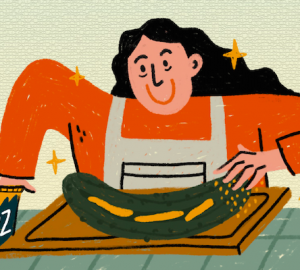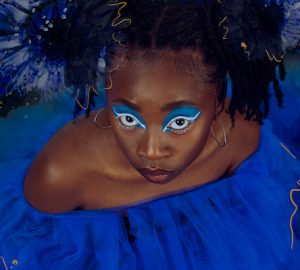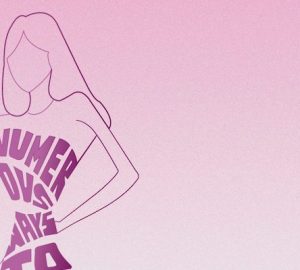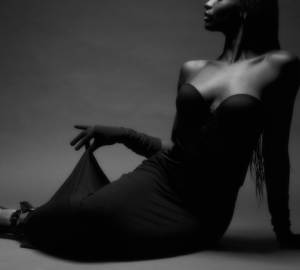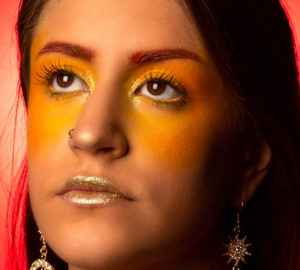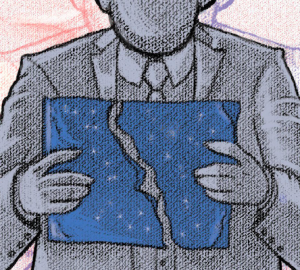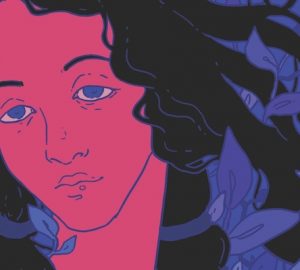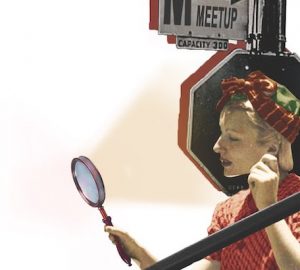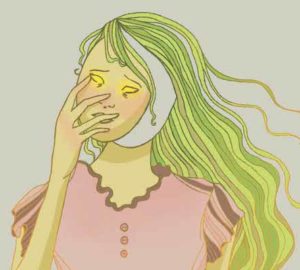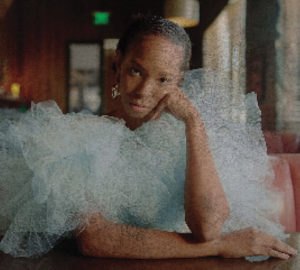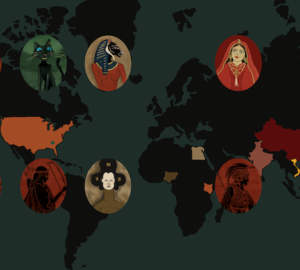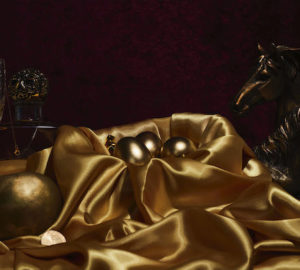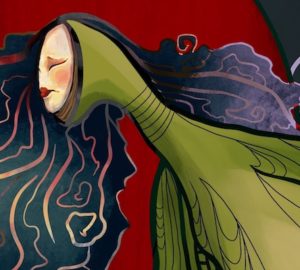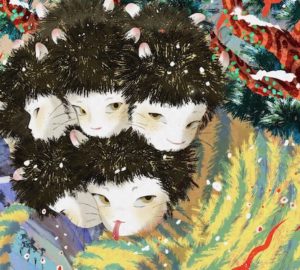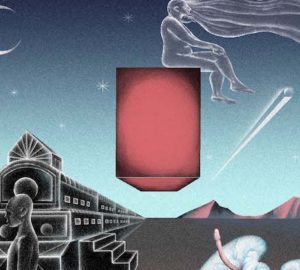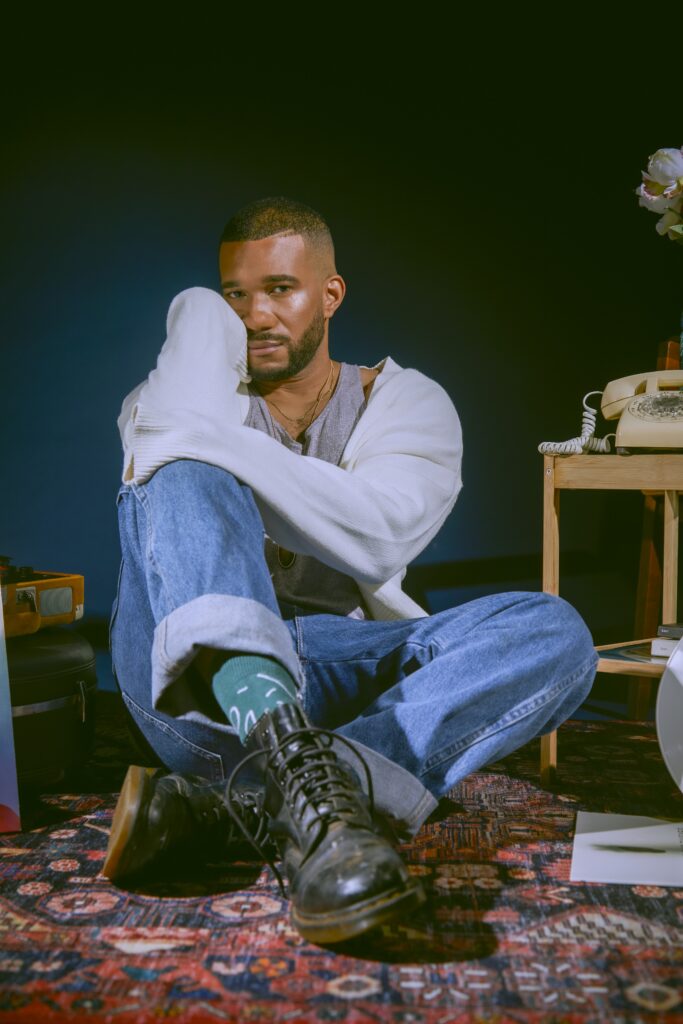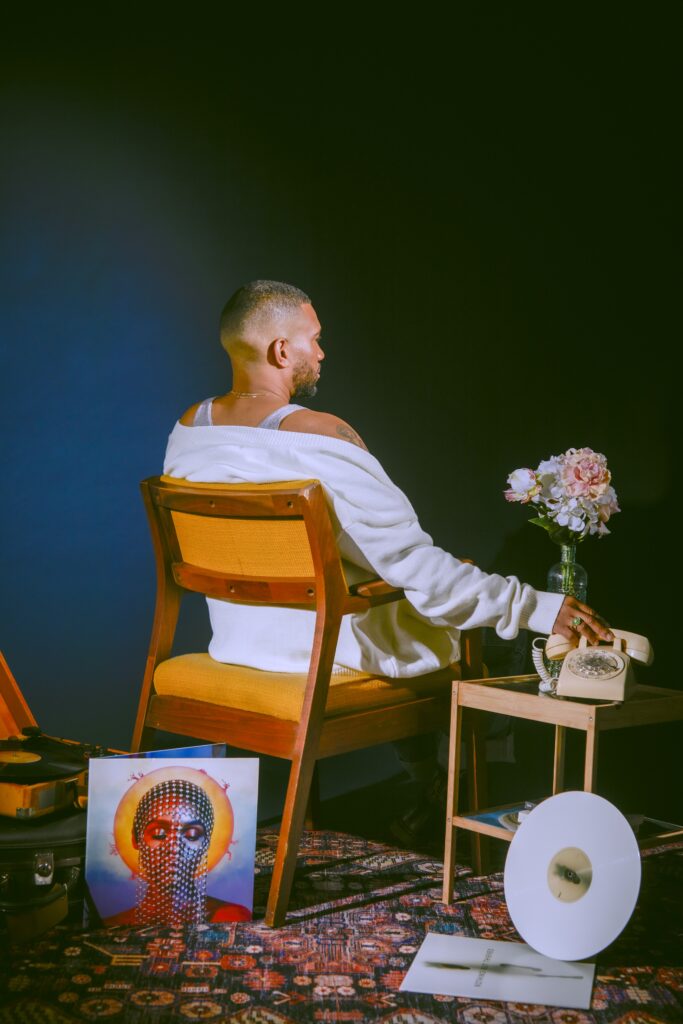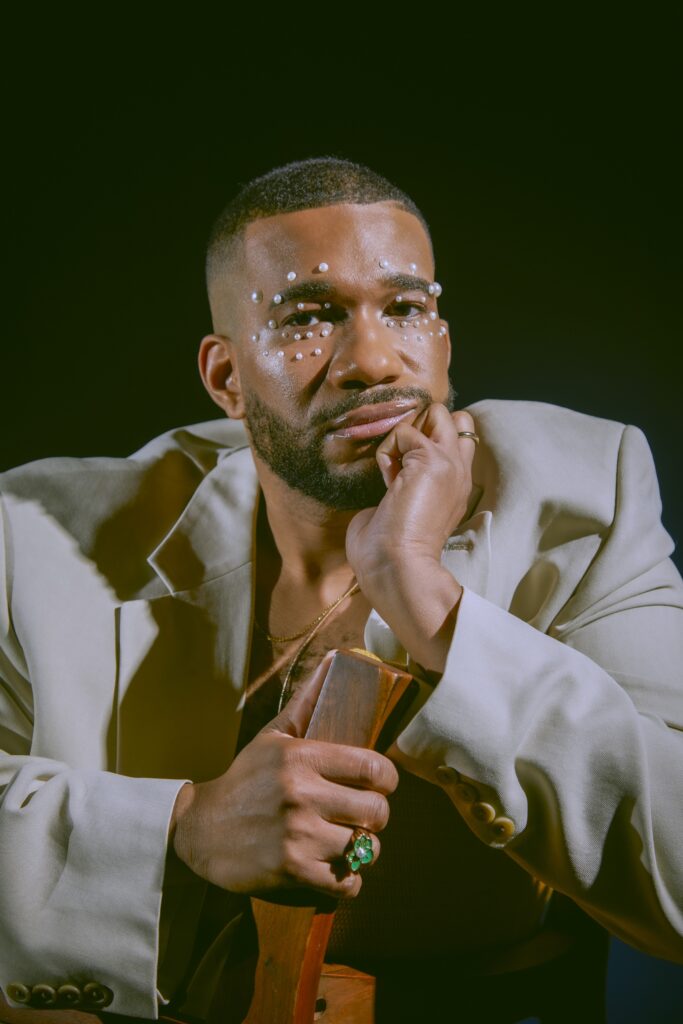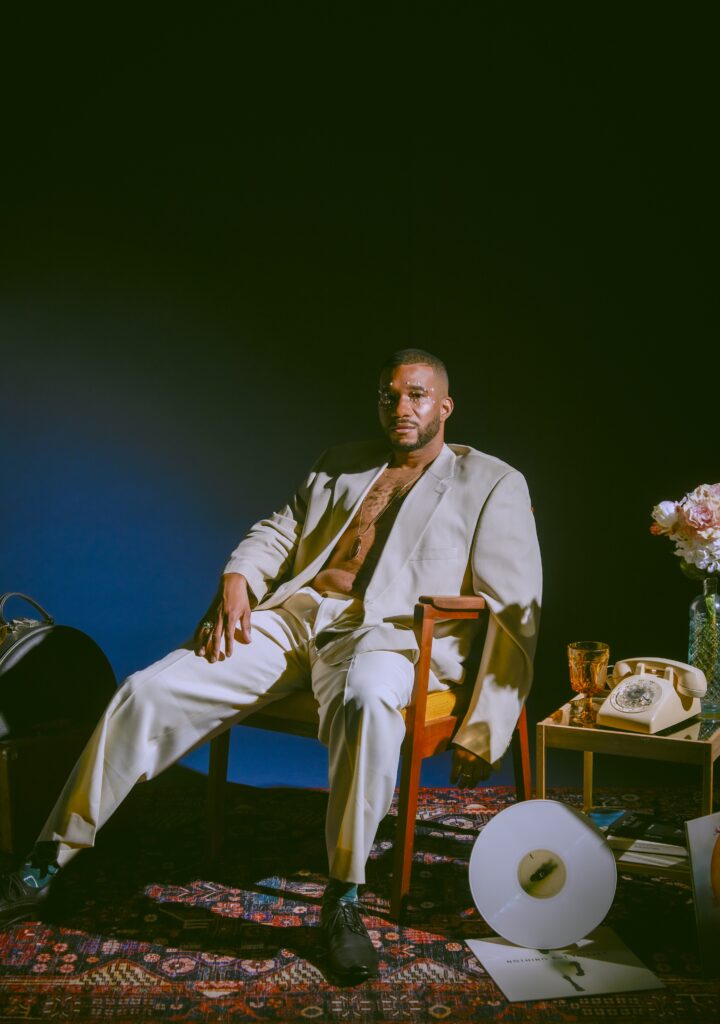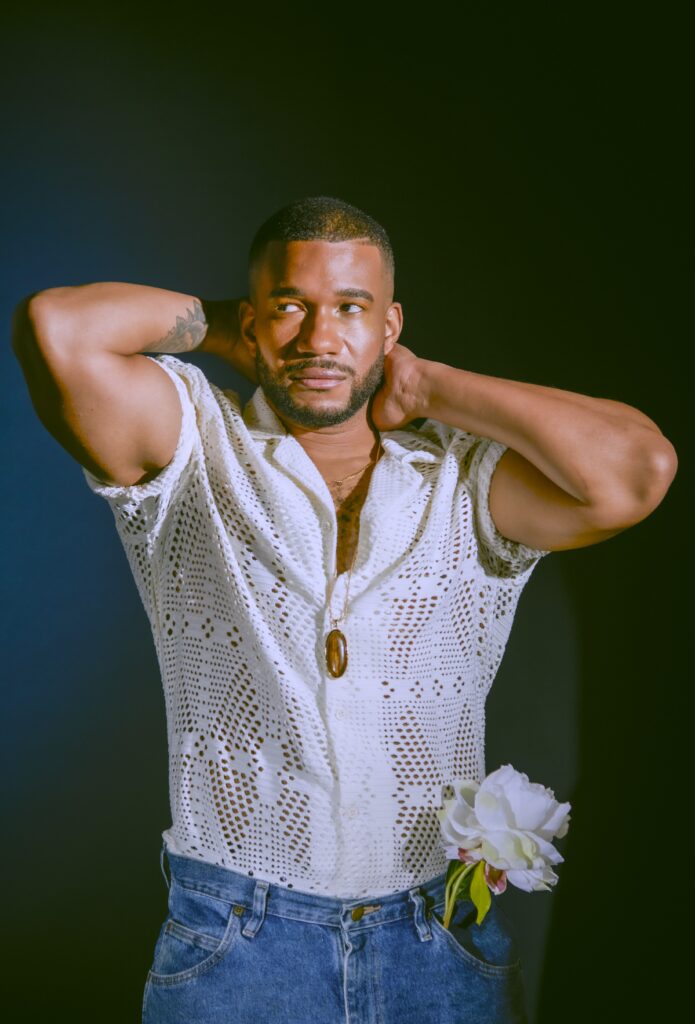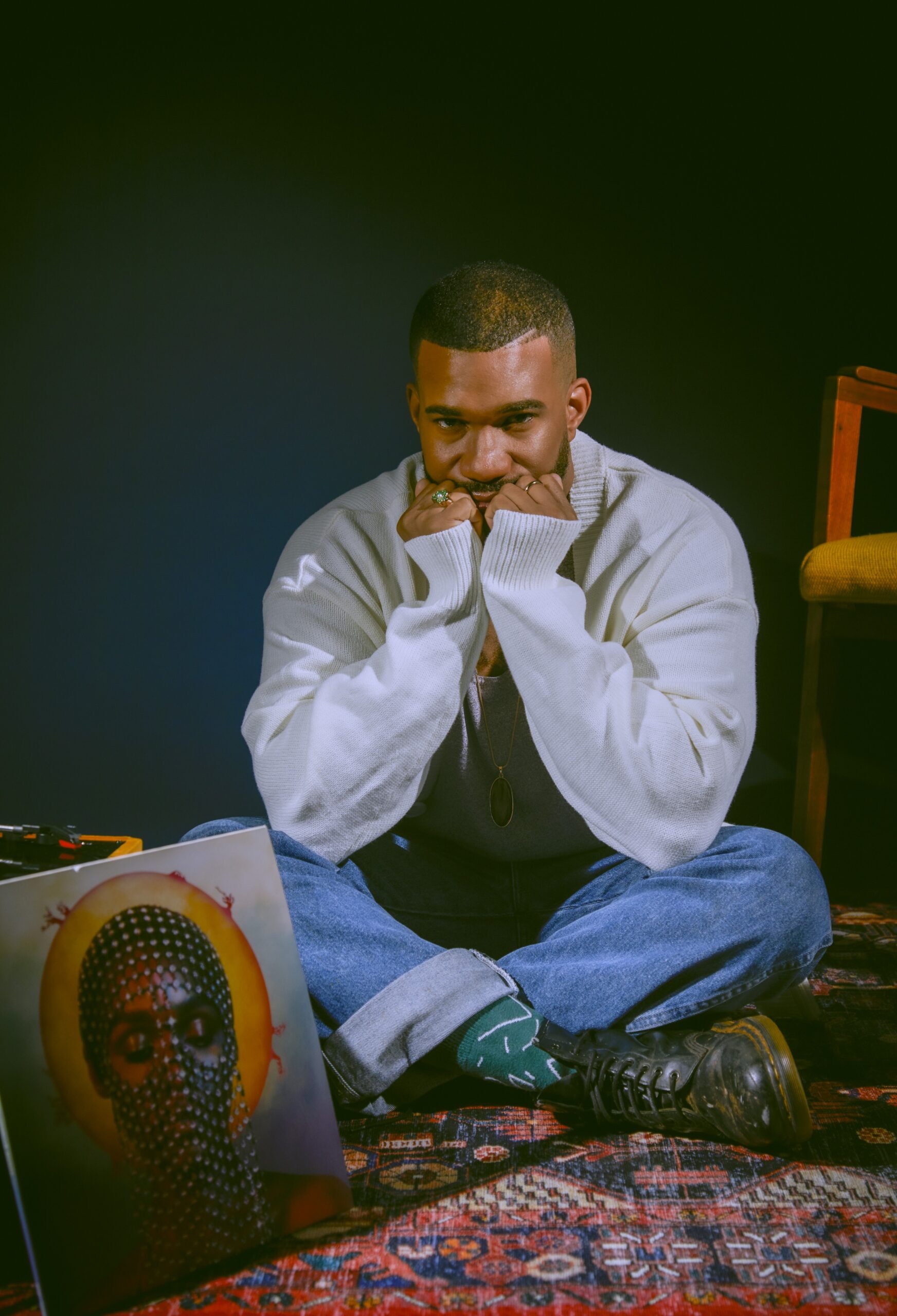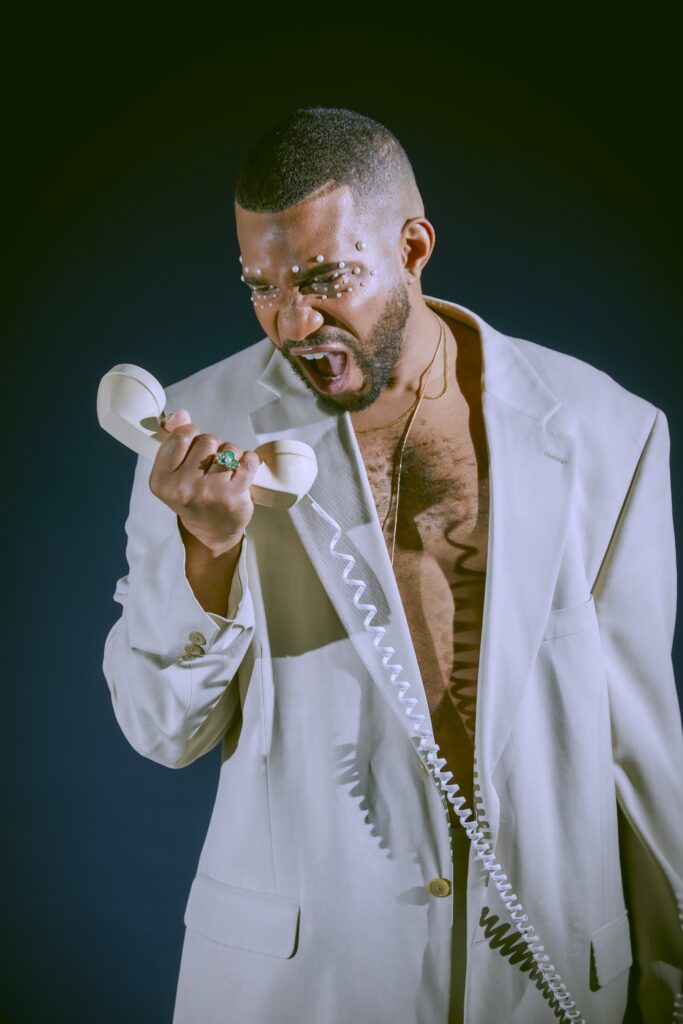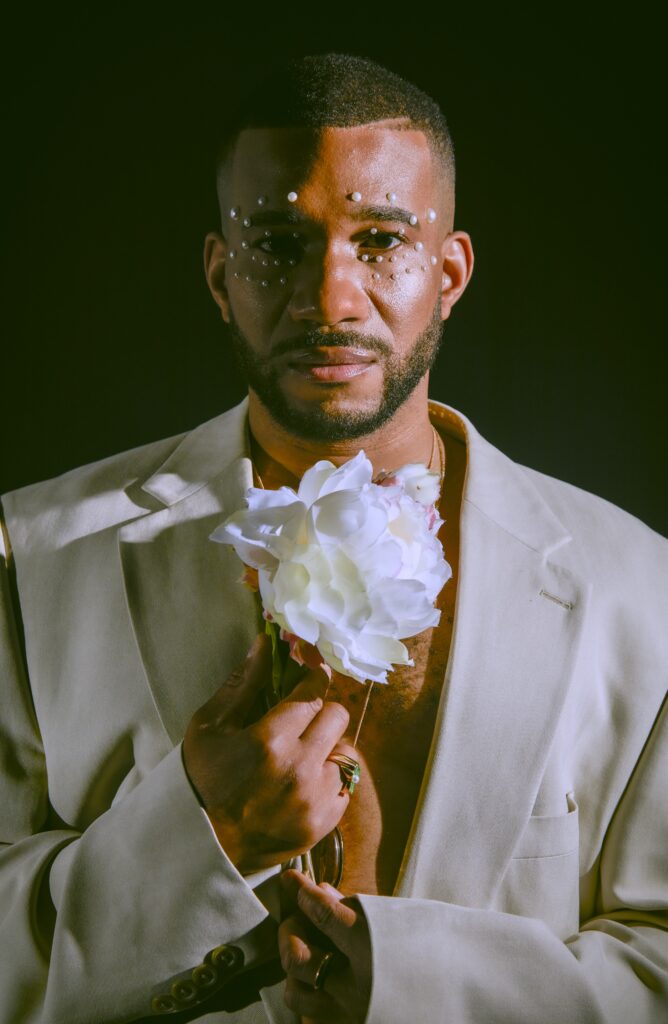Queer Moxie Interview
Interview by Daniel Shaw
Queer Moxie is a documentary released in 2016 by filmmakers Heather Provoncha and Leo Hollen Junior. The film is an on the ground look into the lives and art of the Atlanta queer scene through the decades. It showcases interviews and performances from historic figures, as well as individuals who have grown into superstars seen across the city today.
Hi, Leo. Can you tell us a little bit about yourself? What’s your background in film?
I grew up in Cleveland, Ohio, but I’ve lived in Atlanta, Georgia for the past 14 years. I’ve completed several short films, but Queer Moxie was my first feature length project as co-director. Along with directing the film, I was also editor of the documentary.
What is “Queer Moxie?” Did you feel responsible for telling a story that hasn’t been told yet?
Queer Moxie is a film celebrating Atlanta queer performance, from drag to spoken word, comedy, burlesque. It’s celebrating the artists that took up space and created change. It’s a big story because it’s big history. We wanted to provide an entry point, a celebration, a sort of collage. We didn’t go in trying to tell a story that hadn’t been told, our responsibility was about honoring these performers with our own form of art. But also, we are queer filmmakers telling a queer story, so of course we are going to do it in our own unique way. That’s what we do.
Do you fear being forgotten as an artist? Do you think being part of a marginalized group makes you more likely to fall to the waste side?
I’m gonna keep it real. I don’t necessarily think that it’s the queerness that’s going to really keep people from possibly remembering me. I know I’m talented and I know I’m fabulous. But if I didn’t have to spend my days working a day job because I’m poor, then maybe I could spend more time doing things to enhance my cultural cachet. So I do worry I’ll spend so much time working to pay the bills, on day jobs, on other people’s projects, on other people’s stories or art, when I could be using that time creating my own art, that would outlive me, and represent me and go on forever. But it’s a combo of all that, young, gifted, queer and black. But also poor and tired.
How do you feel that applies to Queer Moxie?
I think a part of the reason why anyone makes movies is because they want to be remembered. You get to create a world and have it last “forever,” whatever forever turns out to be in the end. With Queer Moxie, it’s more, a time and a place that I want people to remember. Going through all the footage and interviewing all these people – it was just a giant history lesson and time capsule for me.
How does it make you feel to think that so many of the people in the documentary are already being forgotten by young LGBTQ+ members coming into the scene?
I don’t know, it’s a bit unfortunate … it’s also just the way the world works unfortunately. But that’s a reason we made this movie. So people could look to it and see all these amazing queer artists that have come through and made their mark in Atlanta, in the queer scene and in performance. And to be honest, I don’t really think that they are all being forgotten. I just think, like I said, it’s a part of the life cycle. People are going to forget about us at some point. But, those that are cultured will make it a POINT to know their history. Trust and believe. I think you can tell when you see and meet artists who have a sense of where they’ve come from.
What do you think is the future for queer Atlanta artist? Are we doomed to forget the performers, Trailblazers, and artists that have come before us?
Oh goodness, absolutely not. What I really worry about is what is the future for queer spaces in Atlanta and in America. I remember talking to some of the performers, and queens when we were filming interviews for Queer Moxie and they were talking about how the stages were disappearing. Now all of those bars are closed. And now it’s like the queer specific spaces are dissapearing. I hope that the performers of yesteryear and the trail blazers aren’t forgotten, but it’s really hard to say, and it’s not for me to say.
Does it scare you to consider that this film will outlive you, and most of the people in it?
Nah.

